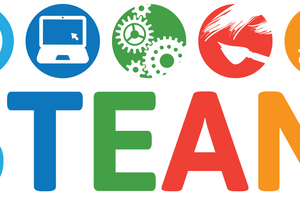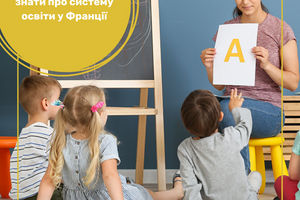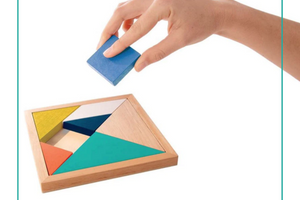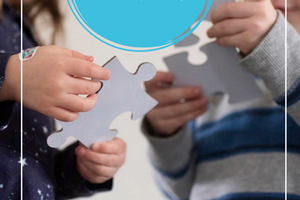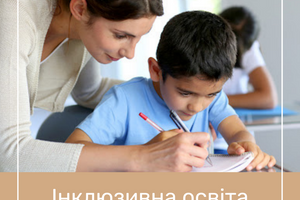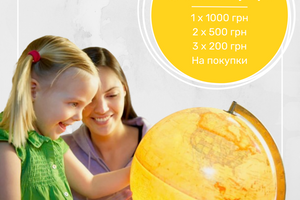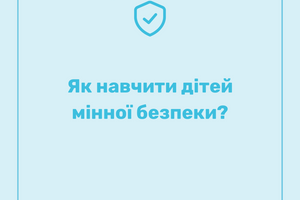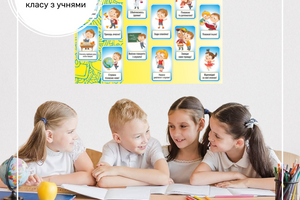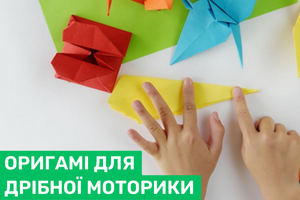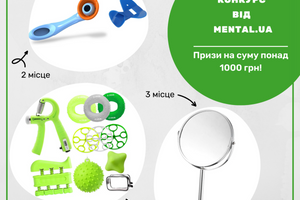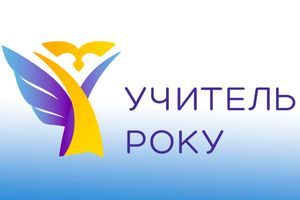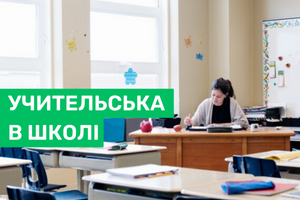Research shows that success in mathematics at an early age is a clear indicator of future success not only in school, but also outside of it.
Does that surprise you? Maybe not.
You've probably seen examples of this everywhere.
But what does "early age" really mean? How early should parents introduce their child to math?
We will answer these and other questions in this article.
And since we're talking about mental arithmetic, in addition to the questions above, we'll also discuss the appropriate age to introduce your child to mental arithmetic to really accelerate their learning.
How early can you start math with your child?
Conflicting emotions usually arise around this topic.
Parents sometimes feel that they don't want to put too much pressure on their child. After all, what's the rush?
In other cases, parents wonder if their child might be left behind if he doesn't start early enough, especially when they see their neighbors and friends starting their children early.
This question may seem difficult to answer, but the answer, according to experts, is quite simple - start as early as possible by introducing age-appropriate activities.
Surprisingly, children as young as 12 months can begin to recognize numbers. Everyday activities and events begin to introduce the concept of numbers. In fact, in most cases you don't even need to do anything special to start their digital journey. Colloquial language, such as first and second, big and small, open and closed, two socks, five fingers, three cookies, four cheers, etc., can move from a dead point.
Although they may begin to recognize numbers much earlier, you can begin the process of reading numbers with them through digital books, sing-along songs, and number games by the time they are 2 years old. Again, as long as you make it fun, there are so many things you can do with them to reinforce number recognition and repetition.
As you introduce numbers, encourage your child to apply what they learn in real life so they can begin to understand numbers. Let them read the numbers on your mailbox, on street signs, on menus or on TV. Wherever you see numbers, there's an appropriate moment to engage your child - essentially maximum gameplay. This will give them the opportunity to put into practice what they have learned through songs and games, and give you the satisfaction of knowing that your child is actually learning numbers and not just repeating songs by heart.
Although children develop differently, usually between the ages of 3 and 4, you can safely teach your child to write numbers. Maybe just 0 to 9 to begin with, and then we'll move on to two-digit numbers and over time to 99.
Now you can always do more with your child such as addition and subtraction, but in school preparation your child will be a good learner if he can read and write numbers from 0 to 99 by the time he is 5 years old.
And remember, like everything else with young children, 'patience', 'fun' and 'encouragement' are the keys to a relaxed and carefree experience for both you and your child.
How early can you start math with abacus soroban counting with your child?
Mental mathematics, also known as mental arithmetic (the ability to calculate quickly in the mind), is the highest degree of mathematics.
The transition from arithmetic speed to the ability to mentally calculate a large string of numbers at an early age may seem like a difficult task, but it is not necessarily mental arithmetic.
As a rule, the next logical step after a child learns to quickly count from 0 to 99 is to introduce addition and subtraction.
For most children, addition usually begins with a simple count on the fingers or something else. On the other hand, subtraction is usually entered as a countdown. Using flashcards and physical objects for countdowns or countdowns is also a good strategy.
Number lines are another good way to visualize addition and subtraction, but they are usually introduced in school as an alternative way to learn addition and subtraction.
Over time, with practice and repetition, the child will eventually learn to add and subtract without any external help. As a rule, this is a continuous and repetitive process, as the child goes to school and moves to higher grades.
Thanks to careful practice and depending on his mental abilities, the child can eventually learn to mentally perform some simple addition and subtraction questions.
Basic mathematical operations that a child usually learns in elementary school from kindergarten to fifth grade can be learned and mastered in just a few months with the help of mental arithmetic.
It may seem illogical to discuss the ability to mentally count with great speed and accuracy, but the younger the child, the higher his ability.
As practice shows, the ability to read and write numbers from 0 to 99 should be considered a minimum requirement for starting a child's training in mental arithmetic. I work
or vice versa, this would mean that a child should begin mental arithmetic at around 4-5 years of age.
However, this does not mean that children who have already mastered the basics of mathematics in a traditional way will not benefit from mental arithmetic. In fact, the success of mental arithmetic has more to do with the age of the child than with what they learned before starting with the abacus soroban. Because of the elasticity and plasticity of the brain at an early age, mental arithmetic should be something that parents should consider for this child when he is under 12 years old. A wide range of benefits, such as improved focus, concentration, improved retention and, yes, mind-blowing mathematical abilities, will come in handy not only in school, but beyond.
CONCLUSION
A child's brain is extremely malleable at an early age, with the result that he learns faster in these early years than at any other time in his life. With that recognition, there's no reason to fear getting your child involved in numbers early in their young lives, which, by the way, you may already be doing without even trying. But remember, as you take a more formal approach to teaching them, interact with them to explore numbers in a fun, playful way. Adding a proven program such as abacus soroban mental arithmetic to their math learning can really push them to master math quickly and excel in math much faster than traditional teaching methods









